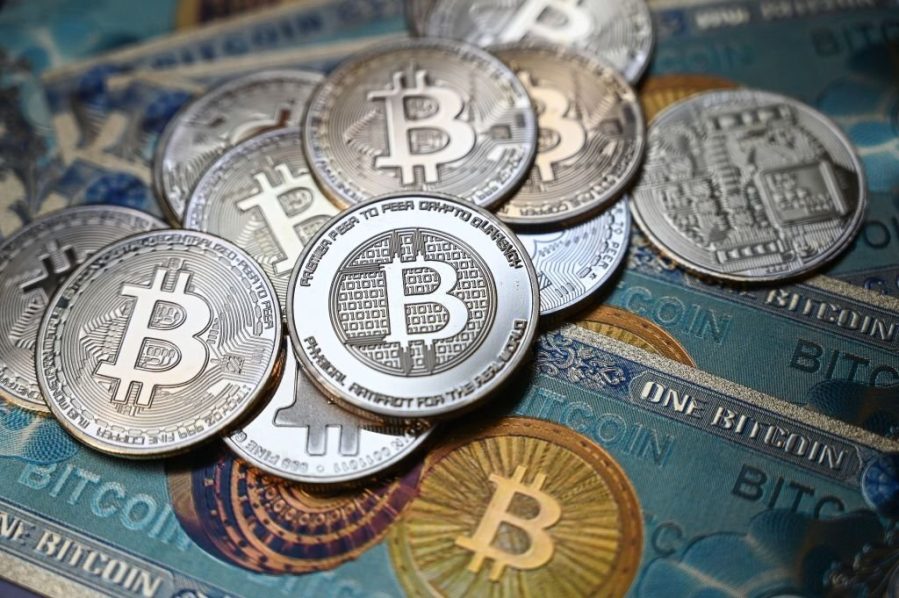
Bitcoin is a digital asset that functions like traditional money and can serve as a medium of exchange. Usually, people purchase this virtual currency from an exchange platform and store it safely in a digital wallet. This virtual currency is decentralized and operates more securely with minimal to no human interference.
This digital currency has an inbuilt infrastructure known as the blockchain that enables peer-to-peer transactions among people. This virtual currency has an aspect of anonymity and transparency, making people believe that it is the future of money. If you trade Bitcoins with Bitcoin 360 AI, you will get access from the best features that will help you study the market.
On the other hand, banks are the current financial systems in the world and are the sole custodians of fiat currencies. These banks offer financial support such as loans and savings. However, banks have significant setbacks as they are centralized and subject to biases. Compared to this virtual currency, bank transactions are slower and more expensive.
Disadvantages of Traditional Payment Systems
Below are the main disadvantages of the conventional payment systems.
Lack of Better Financial Inclusion
Banks are not accessible to everyone, especially people from underdeveloped countries. When creating a bank account, one must be physically present to complete the necessary personal details. Also, making a bank account requires one to deposit some funds. Moreover, these banks set aside projects for select groups of people which cannot be available to others.
These groups get some favors, such as soft loans at a lower interest rate. However, some people cannot access a bank loan as they do not have a credit history. Therefore, banks create a population of unbanked people and hence do not promote financial inclusion.
More Biased
Bank transactions and other financial services depend on account numbers and names; hence can be biased. For instance, if one has a feud with a particular bank, the manager or any other financial service provider can deliberately delay their transactions or even decline their requests for a soft loan.
High Transaction Fees and Slow Transactions
Banks act as middlemen between two people who are transacting using fiat cash. Also, fiat money transactions go through several intermediaries who each require a transaction fee. Therefore, banks come with extra payments and taxes during transaction periods. Also, due to the involvement of many intermediaries, transactions take quite a long time, especially for large sums of money.
How Bitcoin Can Offer a Better Transaction System
Satoshi Nakamoto created Bitcoin to respond to the 2008/2009 financial crisis. Therefore, this digital currency came to solve the issues of the current banking system. Here is how this digital currency offers a better banking system.
Lack of a Regulatory Body
This electronic currency is entirely decentralized and hence free from the interference of banks and other financial institutions. Because of this decentralized nature, this digital money has minimal human interference. Also, this digital currency is more secure as it has an underlying technology known as the blockchain. Blockchain technology helps to record transactions publicly and offers anonymity to its users.
Better Financial Inclusion
This virtual currency has minimal entry barriers. To transact this virtual currency, you only need to create an account with a reliable exchange to purchase, sell and trade this virtual currency. Also, access to a network and a smartphone is essential. In other words, this virtual currency is highly accessible to people regardless of their status.
Better Security
Security is the biggest issue surrounding financial systems. This digital currency is more secure as it runs on blockchain technology. Also, it is pretty hard to alter or interfere with blockchain technology as it has thousands of nodes that verify transactions.
The Takeaway
This digital currency has tons of advantages that outdo the banks. However, more must be done to ensure banks and Bitcoins remain in power for a long time. So, research both options thoroughly to determine the one that suits you.



